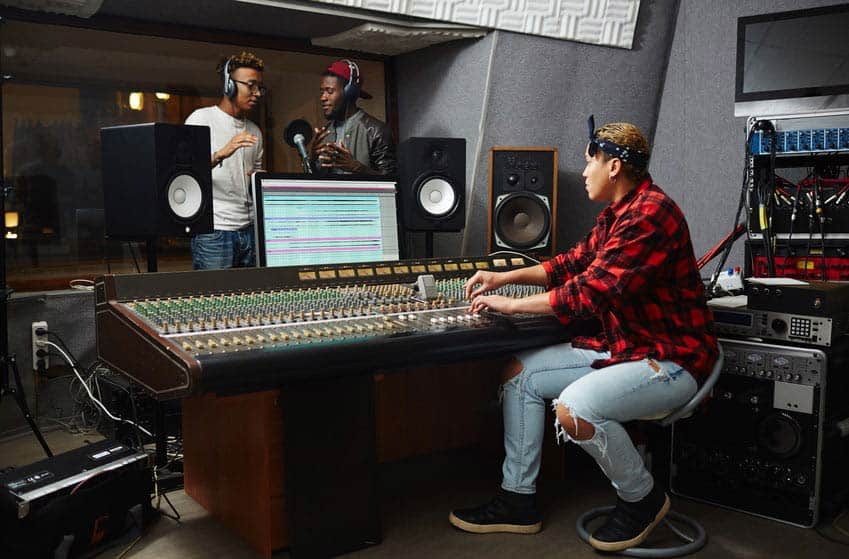Quite rightly we should start with the inventors of the technology and the classic pitch correction tool of Auto-Tune. Weirdly Antares have made it really difficult to buy because there are now 7 versions and trying to work out which version is best for you is a bit of a minefield. Should you get Auto-Tune Pro X, or is Auto-Tune Artist good enough? Should I subscribe to Auto-Tune Unlimited or is the entry level Auto-Tune Access all I’ll ever need? Honestly, unless you are intending to design vocal performances, and model formants then the $99 Access version is the one to go for.
The great thing about Auto-Tune access is that it gives you a simple interface that it is going to let you pull wayward vocals into line with the right amount of subtlety or an outrageous amount of force. You can select scales and chordal structures, dial in the speed and add some humanization to effect. It’s more than enough to correct pitches within your projects. The Antares website desperately wants you to subscribe to Producer or Unlimited levels or buy into the Artist version but that is many hundreds of dollars more. Access is fine.
However, what if you do want to splash out and have all the tools? Auto-Tune Pro X is the most advanced version of Auto-Tune. The Unlimited version simply contains Pro X and a load of other plugins and extras. Everything is at high detail, with graphical editing and a high-quality auto-mode. You can now see the pitches within the waveforms and adjust them perfectly. If you are using Logic Pro or PreSonus Studio One then it supports ARA2 technology which runs Auto-Tune directly on an audio track rather than as a plugin.
The quality of the pitch correction is the standard by which all others are measured. For easy of use Auto-tune Access is the best on the market. It’s a shame they’ve made the rest of the product range so complicated.
Street Prices:
• Auto-Tune Access $99
• Auto-Tune Pro X $459
• Auto-Tune Unlimited $25 per month
